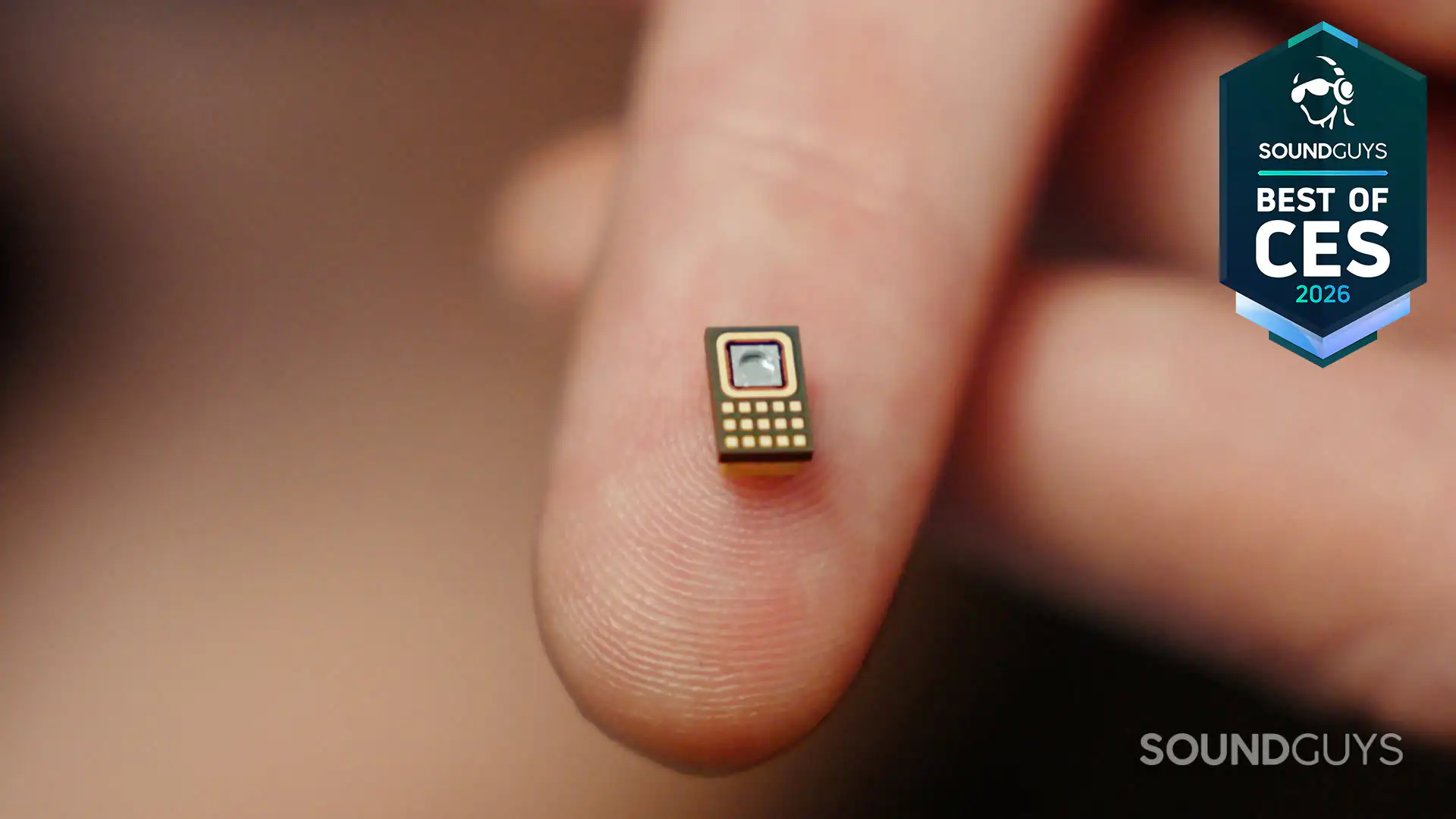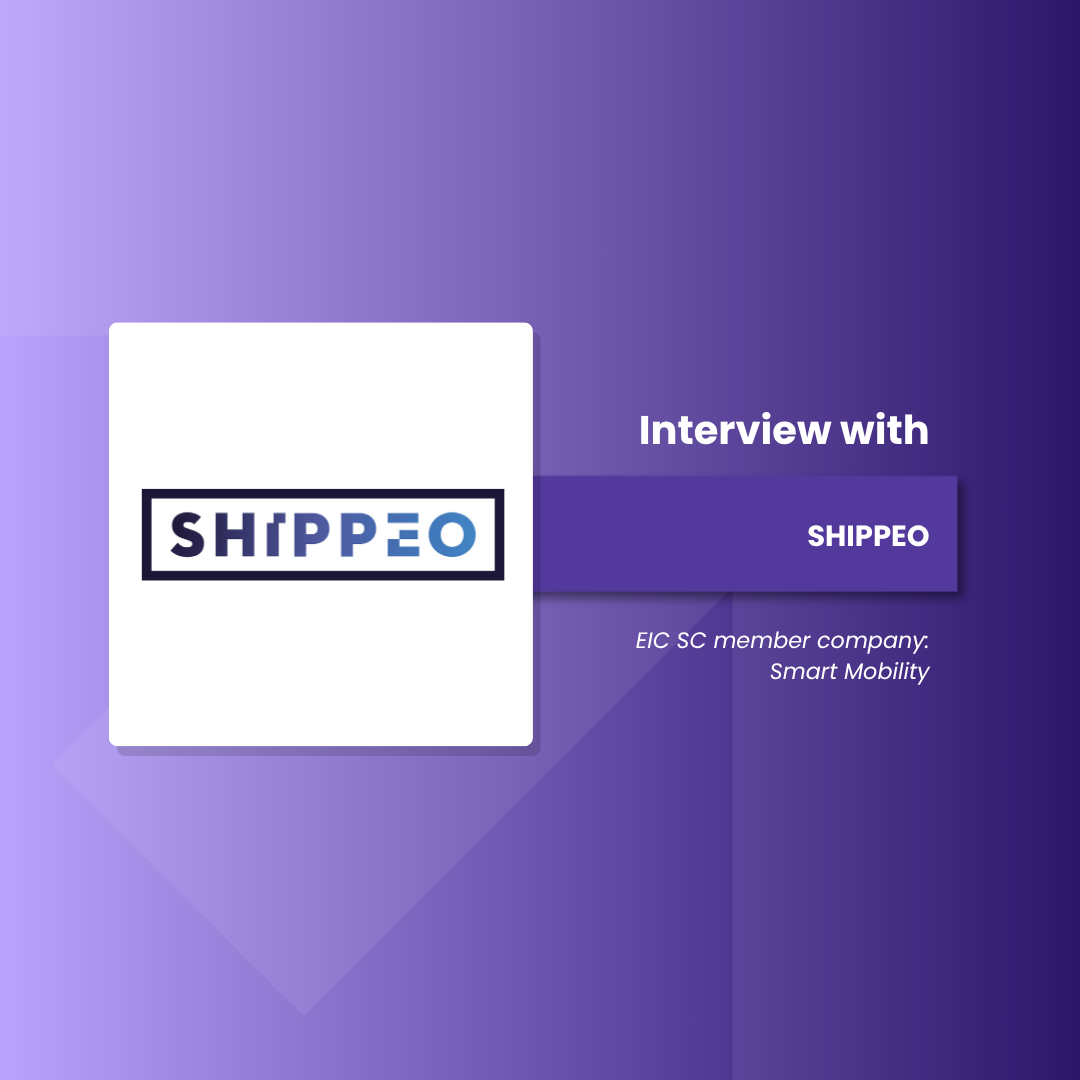17 Feb 2026
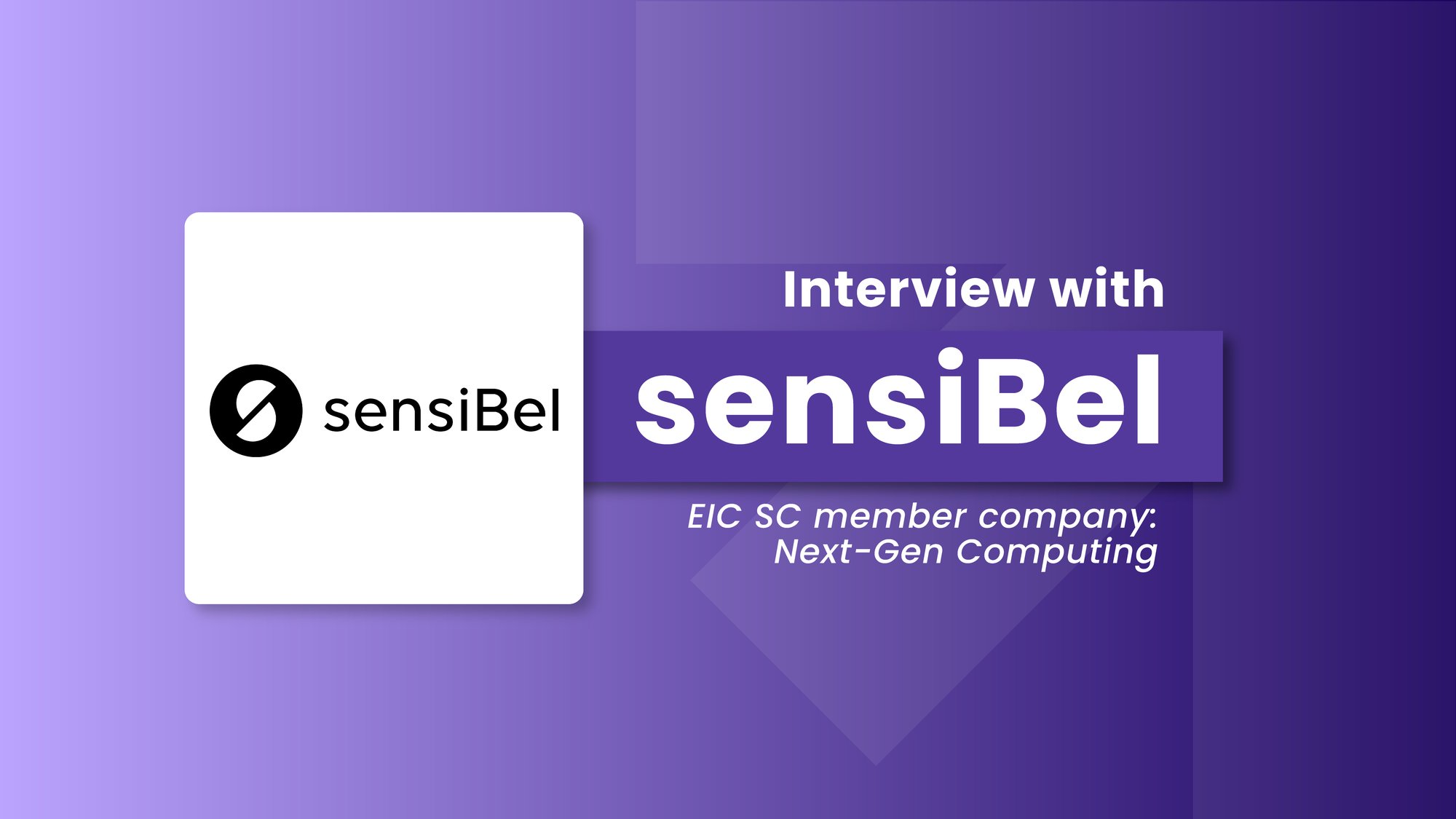
sensiBel, a Norwegian deep-tech scale-up, is set to transform the world of audio capture with its groundbreaking MEMS (Micro-Electro-Mechanical Systems) microphones.
This innovative startup, part of the EIC Scaling Club's Next-Gen Computing market group, is developing the next generation of miniature microphones that promise to bring true studio-quality audio to a wide range of electronic devices.
As Stig Torud, VP of Business Development at sensiBel, puts it: “We're bringing true studio-quality microphones to the MEMS market in a small package that can go into all types of electronics. Our goal is to provide the same performance as big studio microphones in a size that fits into mobile phones, laptops, and other devices”.
Founded in late 2016, sensiBel emerged from research conducted at Norway's SINTEF, one of the largest independent research organisations in the Nordic countries. The company's innovative approach lies in its use of optical technology for sound sensing, a promising evolution over the traditional capacitive readout used in current MEMS microphones.
Bringing a technological breakthrough to the market
Torud points to a dissonance – today, millions of people carry around a powerful 4K camera in their smartphones, enabling incredible video footage, yet, audio quality continues to lag severely behind due to the current microphone technology.
As such, sensiBel addresses a significant gap in the current microphone market. While billions of MEMS microphones are sold annually for use in various electronic devices, their performance has been limited by older technologies. sensiBel's solution uses a laser to measure the displacement of the microphone membrane, resulting in significantly higher performance. Of course, the applications extend beyond mobile phones and laptops, as you'll find MEMS microphones everywhere, from conferencing sound bars to industrial settings.
As a concept, this technology has been around for a while, however, sensiBel's team are among the first to make it work both physically and commercially. This patented technology has already shown promising results, with the company now sampling their microphones to customers for testing in various applications.
Indeed, having reached the customer testing stage is such a big deal that Torud puts it front and center as one of the company's main achievements. Customers found it difficult to believe that making a MEMS microphone like this was possible, so being able to hand over a fully functional one was a big moment. Other major successes include:
- Securing over €30 million in funding, with Sennheiser – the renowned German audio company – among their investors,
- Receiving grant and equity from the EIC Horizon 2020 programme
- Already obtaining their first purchase orders for their products.
A team of experienced innovators
sensiBel's success is attributed to its team of experienced professionals. The company was co-founded by two researchers from SINTEF: MEMS and optics expert Matthieu Lacolle, now the CTO, and Jakob Vennerød, an acoustics specialist. They are joined by CEO Sverre Dale Moen, a successful serial entrepreneur with a track record in taking startups to market and with specific experience in deep-tech.
The leadership team also includes Zalina Shaher, VP of Operations based in Malaysia, bringing valuable experience in production setup and product launch, and Stig Torud himself, who has 20 years of experience in deep-tech, having worked with Texas Instruments in the United States.
In this sector, having an erudite team is a must, says Torud, referring to overcoming challenges typical of deep-tech startups.
“Hardware is capital intensive, with long development cycles,” Torud remarks. “But once you make a breakthrough, it's also going to be very tough for others to do the same thing.”
Right now, with a proven product and spades of positive customer feedback, sensiBel is gearing the company toward full production, with plans to launch their product to the broader market within a year.
EIC Scaling Club involvement
sensiBel joined the EIC Scaling Club after a national nomination process, which was an achievement in itself, according to Torud – “We're very humbled and honored to be selected. It's an exclusive club”.
The company's participation in the EIC Scaling Club has already yielded fruitful results, thanks to support and guidance from the Club's experienced network.
“The mentoring sessions have been incredibly valuable,” Torud notes. “They've given us fresh perspectives and helped refine our strategies.”
As sensiBel continues to develop its revolutionary microphone technology, it stands poised to make a significant impact on the audio industry. With its innovative approach, experienced team, and support from the EIC Scaling Club, sensiBel is well-positioned to become a global leader in the next generation of audio capture technology.
About the EIC Scaling Club
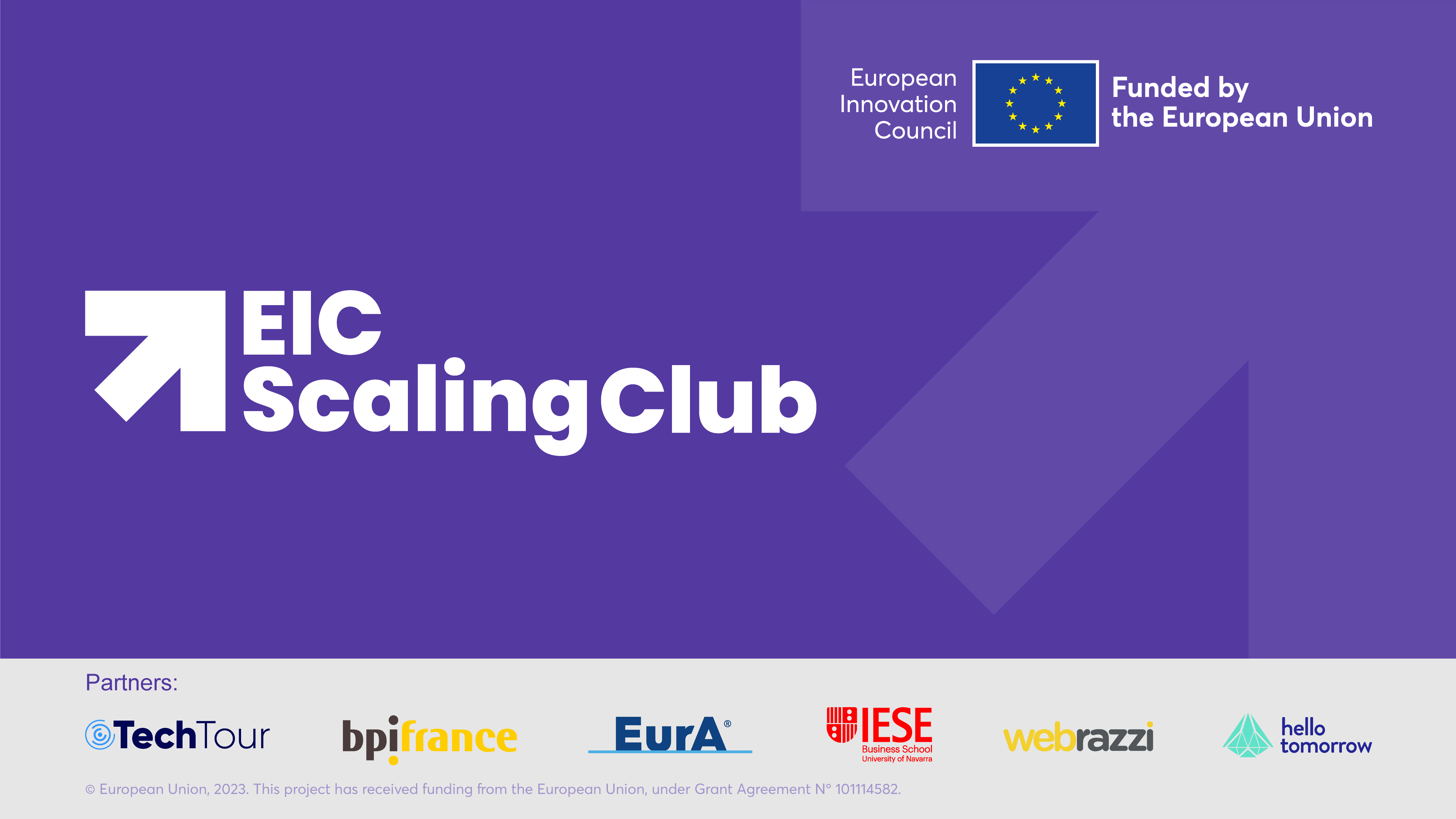
The EIC Scaling Club is a curated community where 120+ European deep tech scale-ups with the potential to build world-class businesses and solve major global challenges come together with investors, corporate innovators and other industry stakeholders to spur growth.
The top 120+ European deep tech companies will be carefully selected from a pool of high-growth scale-ups that have benefitted from EIC financial schemes, other European and national innovation programmes, and beyond.
The EIC Scaling Club is an EIC-funded initiative run in partnership by Tech Tour, Bpifrance (EuroQuity), Hello Tomorrow, Tech.eu (Webrazzi), EurA and IESE Business School.
Subscribe to our newsletter here to stay up-to-date!
Related Articles
Recent Articles
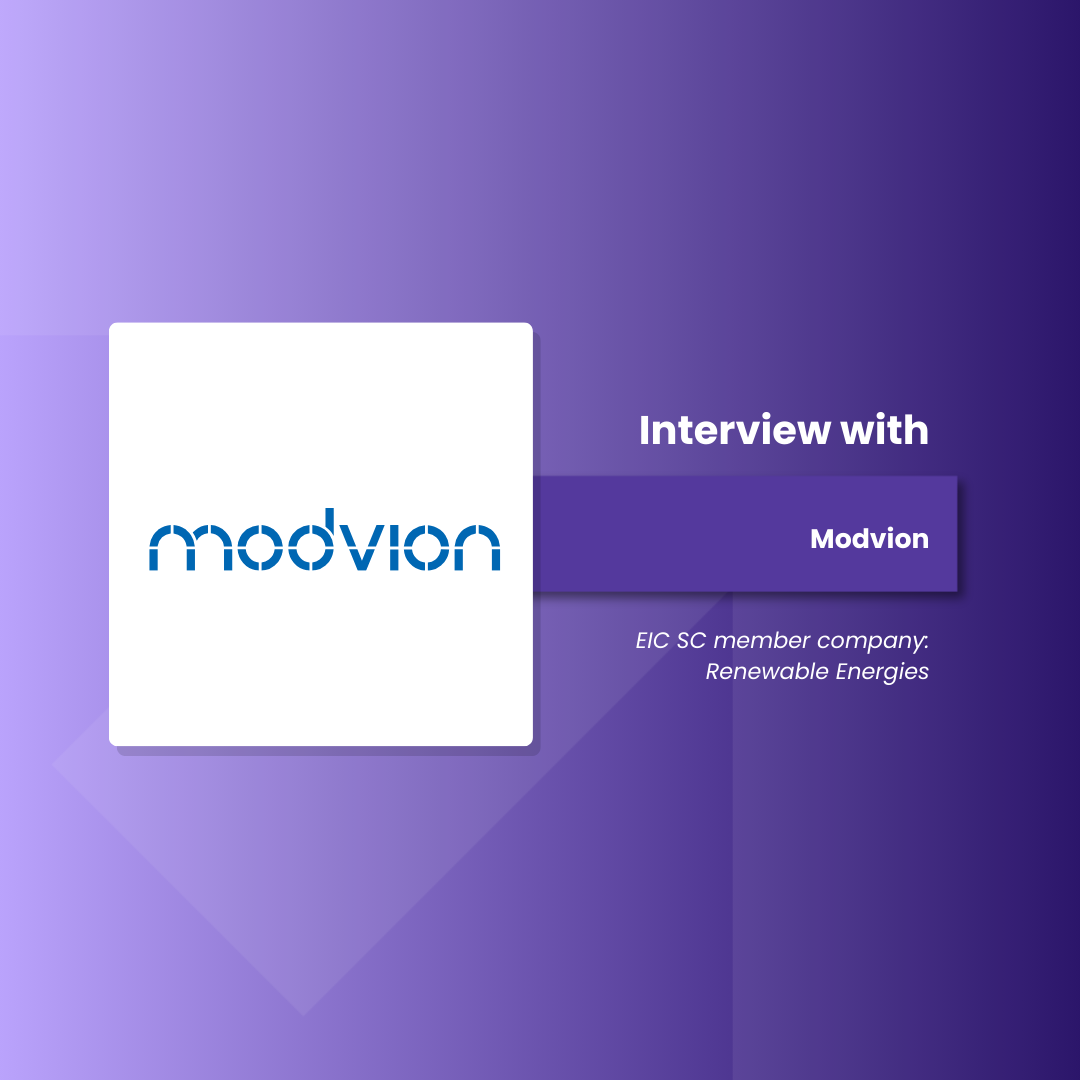
Modvion: Reaching new heights with wooden wind towers
2 Feb 2026

